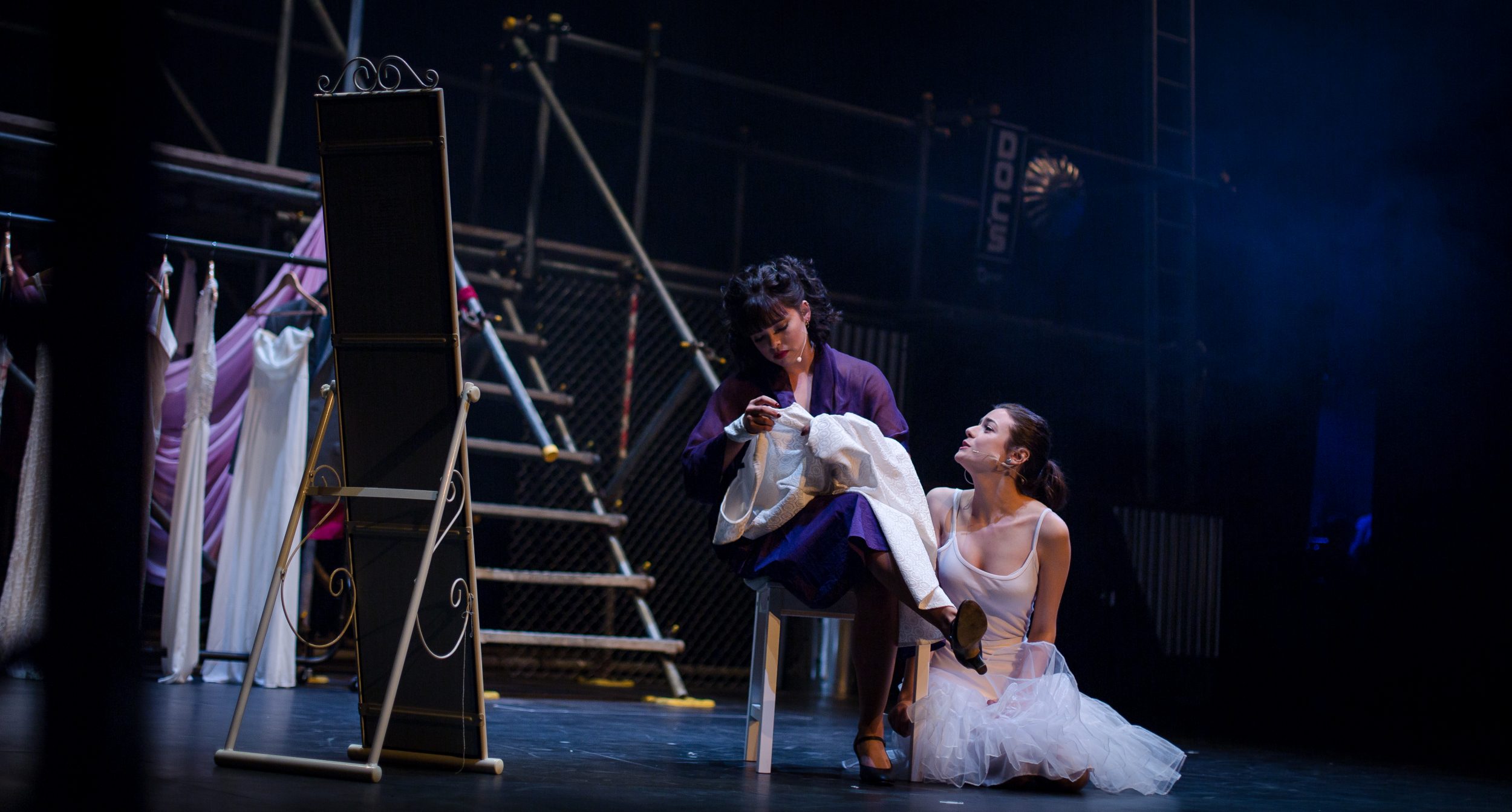Ever found yourself daydreaming about rocking out on stage, living the glamorous life, or being interviewed like a superstar? Have your nerves forced you to derail an otherwise promising career in the limelight to settle for a life as a fellow shower singer? If yes, then gather around for a saga of sweaty hands, trembling knees, and shaky voice, also known as stage fright.
The all-consuming nauseous feeling one gets while standing in front of a crowd of expectant faces staring at them (gulp!) is what we call stage fright. In more formal terms, it is the feeling of anxiety or fear that arises before or while facing an audience. From beginners to seasoned performers, stage fright does not discriminate.
So, what causes this anxiety? Does this arise from some childhood trauma where a parent or guardian chose rage instead of compassion? Well, sort of. Basically, the reason for performance anxiety could be traced back to one’s innate fear of judgment or failure. While felt by almost everyone to a certain extent, some people beat all odds and practically drown in it. Whether triggered by a traumatic childhood experience or the pressures of society, it’s a real bummer. Often misinterpreted as a sign of weakness, performance anxiety is in fact a sign that the performer actually cares deeply about their art, and thus fears failure.
Although pretty commonly known, let’s talk about the signs of stage fright. Symptoms can show up in one of three ways – physically, mentally, or behaviourally – or in some bizarre lethal blend of all three. Physical symptoms are the easiest to identify (no sh*t, Sherlock!). Think nausea, upset stomachs, sweating like a marathon runner, heartbeat going wild – you get the drift. Mental symptoms include a constant feeling of confusion, and a fear that further leads to behavioural symptoms like trembling limbs, stuttering, blankness, and forgetfulness.
The key to slaying this slapstick comedy of quivering hands, stuttering, and drawing blanks? Practice, practice, practice! Rehearse those lines, dance moves, or guitar riffs until they’re as natural as breathing. And when you’re backstage, feet frozen like ice cubes, try some mindfulness tricks, like deep breathing exercises, to help ground yourself. It also helps to focus on the present moment instead of fretting about the uncertainties of the future. Throw some positive self-affirmations into the mix, and you’ve got a confident and steady self.
In addition to these tips and tricks, the understanding and embodiment of the truth – that judgment and failure are temporary – is essential. Instead of imagining them as deep ditches full of darkness, envision them as mere stepping stones that can help realise what went wrong and correct any misstep. Never be afraid or hesitant to ask for guidance, whether it’s from your colleagues, mentor, friends, family, or therapist.
Adele, Rihanna, Lorde, Emma Watson, Harry Styles, Emma Roberts (and many others), apart from a widespread fanbase and successful careers, have another thing in common: stage fright. Knowing that Rihanna often has to take a shot to calm her nerves before going onstage, makes me feel a lot better about my breakdown before my five-minute presentation in front of fifteen of my classmates.
So, my wobbly rockstars, here’s the deal: stage fright is just a pesky sidekick in the rough world of live performance. Embrace those nerves like a badge of honour because stage fright, that lurking monster under our beds, can be tamed. So, when the heart races and butterflies flutter, channel your unbridled talent and passion. Take the leap, embrace the unknown, and shine bright, because perfection is a myth. The spotlight’s waiting, and you were born to own it!



